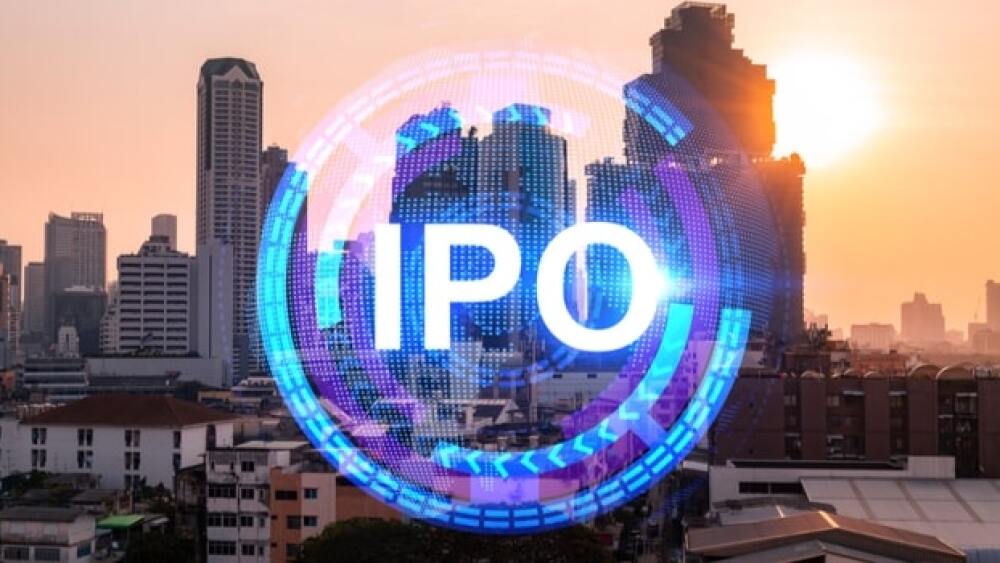Sana Biotechnology has filed with the U.S. Securities and Exchange Commission to raise up to $150 million in an initial public offering to help support the company’s cell-based therapy discovery and development operations.
Preclinical biotech company Sana Biotechnology has filed with the U.S. Securities and Exchange Commission to raise up to $150 million in an initial public offering (IPO) to help support the company’s cell-based therapy discovery and development operations.
Seattle, Wash.-based Sana relies on in vivo and ex vivo cell engineering platforms for the development of therapies for oncology, diabetes, cardiovascular disease and genetic diseases as well as central nervous system (CNS) disorders.
Currently, Sana’s therapeutic candidates are undergoing preclinical investigation and development. The company expects IND submission in 2022 and 2023.
Sana, which was founded in 2018, plans to list itself on the Nasdaq under SANA. Joint bookrunners on the initial funding deal for the company included Morgan Stanley, Goldman Sachs, J.P. Morgan and Bank of America Securities. At the time of the IPO announcement, no financial details were disclosed.
Sana’s licensed technology from Harvard University is marketed as featuring the potential to enhance the efficacy of cell-based therapies. Ultimately, this technology may help researchers produce hypoimmunogenic stem cells that are capable of differentiation into any cell type. In turn, these may be transplanted into a patient and sidestep any rejection from the immune system. The company says they plan to leverage this technological platform to create hypoimmunogenic pluripotent stem cells for starting material to produce novel cell therapies.
“We are excited to have placed this important technology with Sana, a startup which has assembled a world-class team to advance the development of allogeneic (off-the-shelf) cell therapies,” according to a statement made by Harvard OTD’s Vivian Berlin, Managing Director, Strategic Partnerships. “The company’s leadership, vision, and focus on scaled solutions give us confidence that this groundbreaking technology can be developed and deployed to the fullest extent possible for patients.”
The biotech company has been busy appointing new clinical and financial leaders to its Board of Directors, including Josh Bilenker, M.D., Alise Reicin, M.D. and Michelle Seitz, CFA. Dr. Bilenker, CEO of Loxo Oncology at Lilly, will assist in the medical strategy and decision making, while Dr. Reicin, CEO and President of Tectonic Therapeutic, will also assist in clinical development. Seits, Chairman and CEO of Russell Investments, was appointed by Sana to assist in financial planning and decision-making at the company.
BioSpace’s NextGen Bio “Class of 2021” recently listed Sana as its top new life sciences companies to watch in 2021. The company’s programs include gene delivery, immunology, stem cell biology as well as gene modification and control. Sana was supported by financing from Flagship Pioneering, ARCH Venture Partners and F-Prime Capital in 2019 and has continued into 2021.
In June of last year, Sana raised $700 million in initial financing to advance the company’s discovery and development programs. In addition to its initial investors, the summer 2020 financing round was supported by funding from Canada Pension Plan Investment Board, Baillie Gifford, Alaska Permanent Fund, the Public Sector Pension Investment Board, Bezos Expeditions, GV, Omega Funds, Altitude Life Science Ventures and several other unnamed institutional actors.
According to the company, the initial $700 million funding was to be used to support IND-enabling as well as initial clinical studies for several treatment candidates, further expand manufacturing capabilities, and buildout of its portfolio of enabling technologies.
In addition, Sana acquired Oscine in October 2020. Oscine focused on the development of curative and disease-modifying cell therapies for brain and CNS disorders. While terms of the acquisition deal were not initially disclosed, the statement made by Sana noted the acquisition “will integrate Oscine’s glial progenitor cell program and underlying technologies together with Sana’s broader platform and programs.”
Featured Jobs on BioSpace





